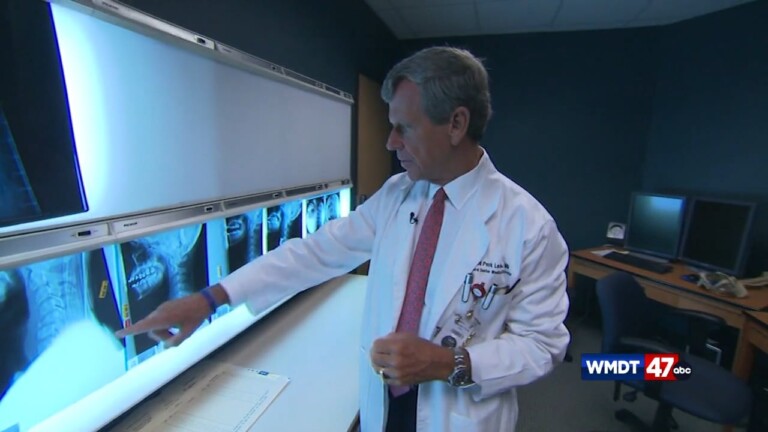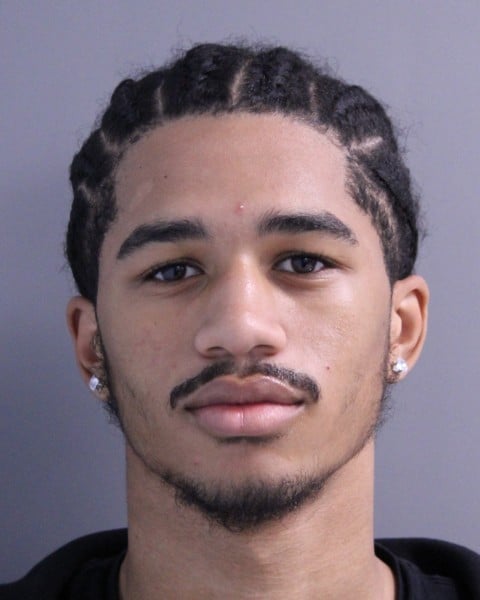Undocumented Care, 988 Mental Health Line, and Young Adult Subsidy head to Gov Wes Moore as part of Healthcare Package

MARYLAND – A package of healthcare bills passed during the legislative session in Maryland now heads to Governor Wes Moore’s desk to be signed.
They included HB 728/SB 705: Access to Care Act, which would allow undocumented workers to be able to buy into the state’s Obamacare exchange, by requesting a federal waiver to remove citizenship as a requirement before purchase.
Healthcare advocates say it will help put a dent in the 400,000 people estimated to be uninsured in the state and drop premiums for existing payers by reducing the number of uncompensated visits to emergency rooms across the state.
“When there are more people in the insurance pool, fewer people are going to emergency care, all of us are better off, and we’re pretty confident the governor will sign it since the Health Secretary Laura Herrera Scott, testified in favor,” said Maryland Healthcare For All Director Vinny DeMarco.
The other bills that DeMarco expects to be signed into law include HB 953/SB 701: Young Adult Subsidies and HB 933/SB 974: 988 Trust Fund, which would fully fund the states existing young adult subsidy for those enrolling in the state-run healthcare, and establish a statewide mental health crisis hotline respectively.
House Bill 953 would extend subsidies for young people to buy into the state’s healthcare exchange, lowering the risk level across the state and dropping premium prices for all insurance carriers according to DeMarco, who says having an ally in the Governor’s Office has let them move faster than under the Hogan administration in moving the bills forward.
The 988 trust would help create a response system that would trigger a different response to a typical 911 phone call, which advocates say can have serious and deadly consequences if dialed by those experiencing a mental health crisis.
“When someone is going through that often the last thing they want is to reach out to the police, they’re scared, they want someone who can talk to them who’s trained and how to help people through these problems and give them advice on where to go,” DeMarco said.
The group says they also pushed for expanding the authority of the state’s prescription drug affordability board to identify specific drugs and set monthly maximums on individual payments, however, that bill failed to move forward.


